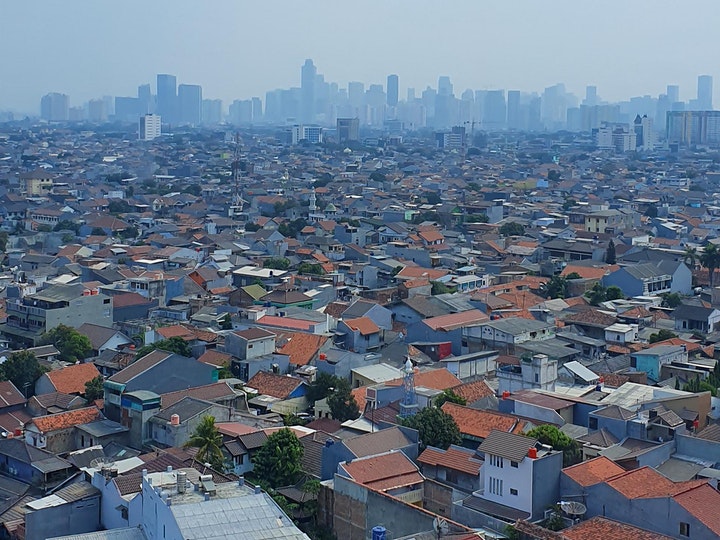
Two MapAction members contributed to a one-hour discussion of how use of collaborative networks and advances in geospatial technology can improve humanitarian outcomes in urban settings. Professor Melinda Laituri of Colorado State University and the Secondary Cities initiative was Chair of the event, with talks from Alan Mills and Chris Ewing, both of MapAction.
Entitled Cities, humanitarianism and using geospatial analysis to mitigate risk, the online event looked at collaborative approaches to addressing global humanitarian issues.
Alan Mills and Chris Ewing shared insights gleaned from their work aimed at supporting urban resilience and emergency preparedness and response, in particular through working with, building, supporting and mobilising civil society networks. They also discussed recent technical innovations such as automated mapping.
This was followed by a question and answer session exploring some aspects further as questioned by the audience.
Chaired and Hosted by:
- Melinda Laituri, Professor, Ecosystem Science and Sustainability & Director of the Geospatial Centroid at Colorado State University and Principal Investigator of the Secondary Cities Initiative.
Speakers
- Chris Ewing, MapAction Trustee and Volunteer – a keen physical geographer, Chris has over 10 years’ experience in the (re)insurance and engineering sectors. In his day job at Aon Impact Forecasting, Chris helps organizations better quantify natural catastrophe risk. He has volunteered with MapAction since 2007.
- Alan Mills, MapAction Consultant and Volunteer – a volunteer since 2005 and former trustee, Alan also leads on building data preparedness partnerships. He has his own consultancy business specializing in GIS and remote sensing in international development and has 30 years experience in operations.
The full one hour Webinar can be viewed below.
